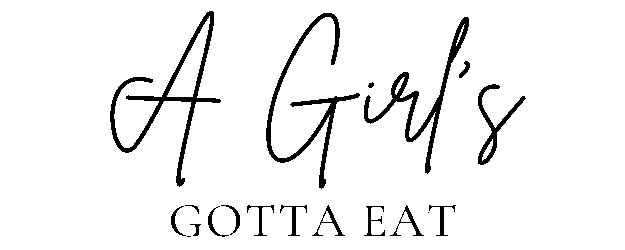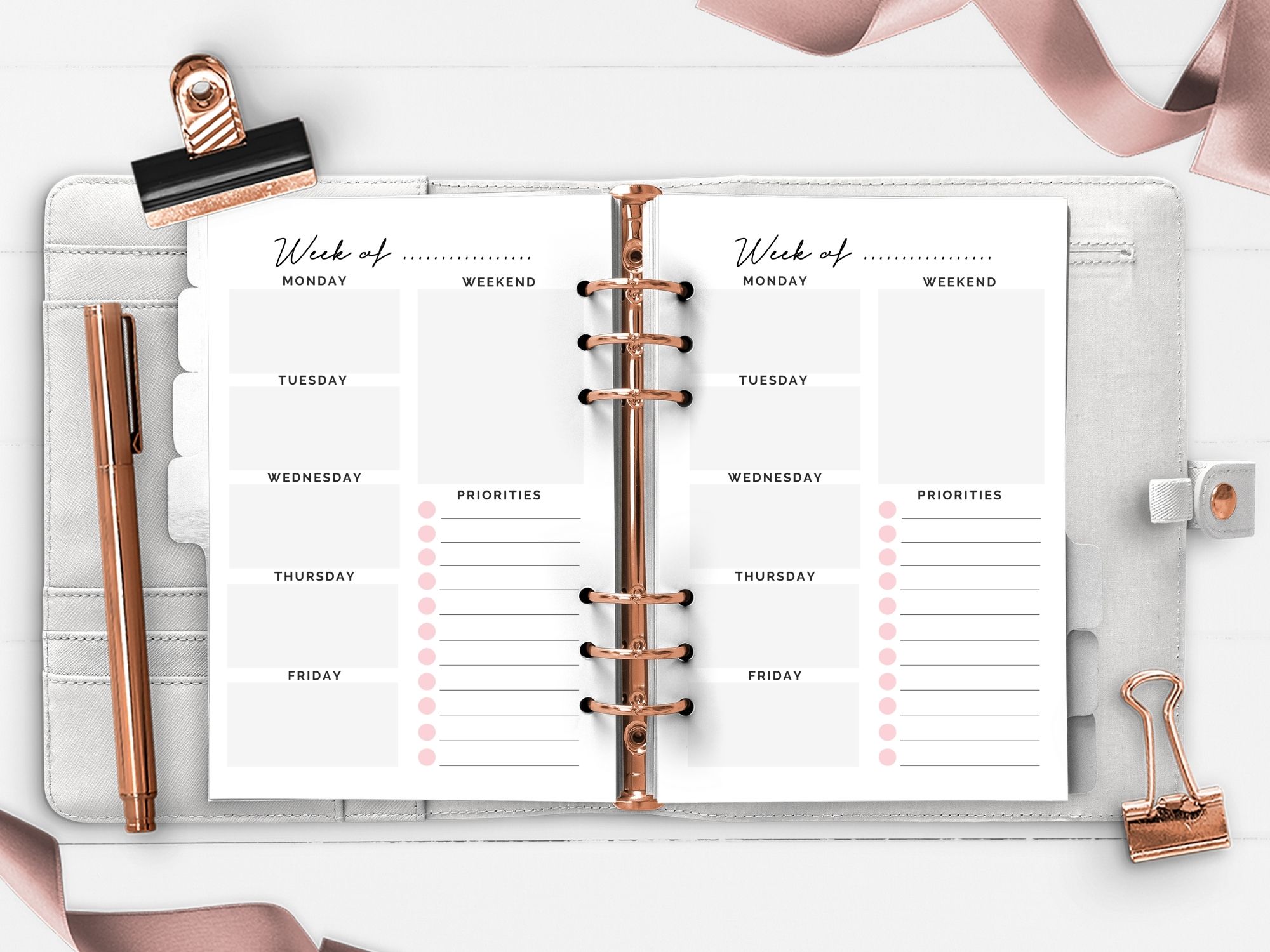7 Limiting Beliefs That Are Preventing You From Starting a Business

As much as I love a hot yoga class, I am the least spiritual person you’ll ever meet. I crave practicality and actionable advice over feel-good woo-woo-isms and platitudes. If I’m reading business tips and come across words like “manifestation” or “mindset” or “heart-centered” anything, I’m going to take it as seriously as I take a man who’s bankrupted multiple casinos yet still thinks he can run the U.S. economy.
That being said, I do believe that our society allows a lot of room for misconception when it comes to entrepreneurship. We are taught from a young age that in order for the right to exist in our capitalist society, we have to work hard as productive employees, ideally for a minimum of 8 hours a day, until our bodies are no longer capable of performing the required tasks and we’re finally able to retire and do wild things like make a fucking dentist appointment for 10:00 in the morning. In our Western society, it’s considered honorable to keep all your eggs in one basket by providing one employer with your full attention and dedication to their bottom line. Ideally, for decades. Great for bosses, not always great for workers.
This system is the exact reason why one of the most self-sufficient things you can do is start your own business and learn how to make money on your own terms, whatever that looks like for you. In order to open your eyes to the vast amount of opportunity available in your own life, the woo-woo side of me does have to admit that it is essential you work on shifting your mindset and shed some of the limiting beliefs that keep so many of us from diving into the world of self-employment.
Here’s what I want you to remove from your vision of business in 2020:
(This post contains some affiliate links. A girl’s gotta eat.)
You think a “real” business has to look like a Brooks Brothers ad.
What do you picture when you think of a business? A bunch of guys in suits sitting around a table yelling at the phone in the middle? That’s the first problem.
The internet has completely changed what business looks like. All I need to run my business is a laptop, an internet connection, and somewhere comfortable to sit so I can think and type. That’s what business looks like for me. It also looks like the woman who just bought a Cricut machine and makes vinyl stickers from her kitchen table. It’s the couple with an industrial sewing machine who design yoga apparel and sell it at festivals around the country. It looks like anyone who knows how to make or do something and sell it as a product or service.
You think you need a “Shark Tank” idea to start a business.
If you think you can’t start a business because “someone else is already doing it,” you’re not thinking hard enough about how you’re different and why people would want to work with you over someone else. Think about your competition. Does the average person in this industry look like you? Is the demographic they fill and their life experience the same as yours? If not, you’ve already discovered how your approach to serving your clients could be different from theirs.
You think you need truckloads of money to start a business.
You don’t! Obviously, this will largely depend on what you’re doing. If you do have a Shark Tank idea and you’re visiting China to look for manufacturers to help you create said product, then yes, you’re going to need some cash. But it’s definitely not necessary with the internet, where you can create an inexpensive business website and package up your product, skills, and knowledge into a deliverable that people can purchase.
One of the reasons I consider print-on-demand to be such a great starter business is because you can start it while only paying for a Canva subscription and Etsy listing fees – so less than 20 bucks, plus the time you’re willing and able to invest to get it started. Once you put the work into getting it up and running and start making regular sales, you can use the money you’re making through your POD business to fund the more expensive ideas you have in mind.
You think you’ll have to give up all your free time.
You’ll only have to give up some of it. You can put in an hour a week and still be building a business. The less time you invest the longer it will take to succeed, but if you don’t have the money to invest, you have to make up for the difference by spending your other precious resource: time. If you have a few extra hours a week to put into something that could change your life, you have the time to start a business.
You think you have to be an expert at something.
You don’t have to be an “expert”. You just have to have more knowledge or know how to do something better than other people. Ideally, people who would rather pay you to do it than learn how to do it themselves. Maybe you only have a small group of people you can serve in the beginning, but as you keep at it and gain more experience, your net will widen and you’ll have the skills needed to serve more clients.
You think it’s “risky” to start a business.
It is definitely risky to put yourself in a situation where you control all the variables. But not as risky as someone fucking else controlling all the variables!
If you’re afraid to quit a full-time job to put your entire livelihood in your own hands, start off with both – run your business on the side of your regular job, knowing that you have the security of consistent employment backed up by the security of a business where you control whether it tanks or makes money. And if your side business succeeds, you can either quit your job and run your biz full-time, or keep your job knowing you have the bargaining power of alternative sources of income. It’s a lot harder for an employer to treat you like shit because “you need the money to live” when you… don’t need the money to live. It’s a nice subtle power swap that they don’t have to even know exists, but that still works as a “fuck off fund” if you ever find yourself in a miserable, unhealthy work situation and need to quit.
You think you need a degree.
Sure, you need a degree for some businesses, like if you’re opening a medical practice or want to do something that requires licensing, such as massage therapy or construction. If that’s not the case and you’re trying to get into an industry like graphic design, writing, or consulting, you can learn pretty much everything you need to know online.
I have a Journalism degree, and it’s great, but you know what it does for me now, 12 years later? Cost me $250 per month. Nobody cares about my degree when they hire me. I don’t even know the last time I was asked about my education, because my work and experience speaks for itself. Everything that makes me money – copywriting, blogging, SEO, Etsy – I learned on the internet. There are millions of blog posts, YouTube videos, and online courses that will teach you how to do anything you could ever want to learn. Many skills you can learn for free, or for way less than the 40 thousand dollars I spent learning how to write obituaries.






